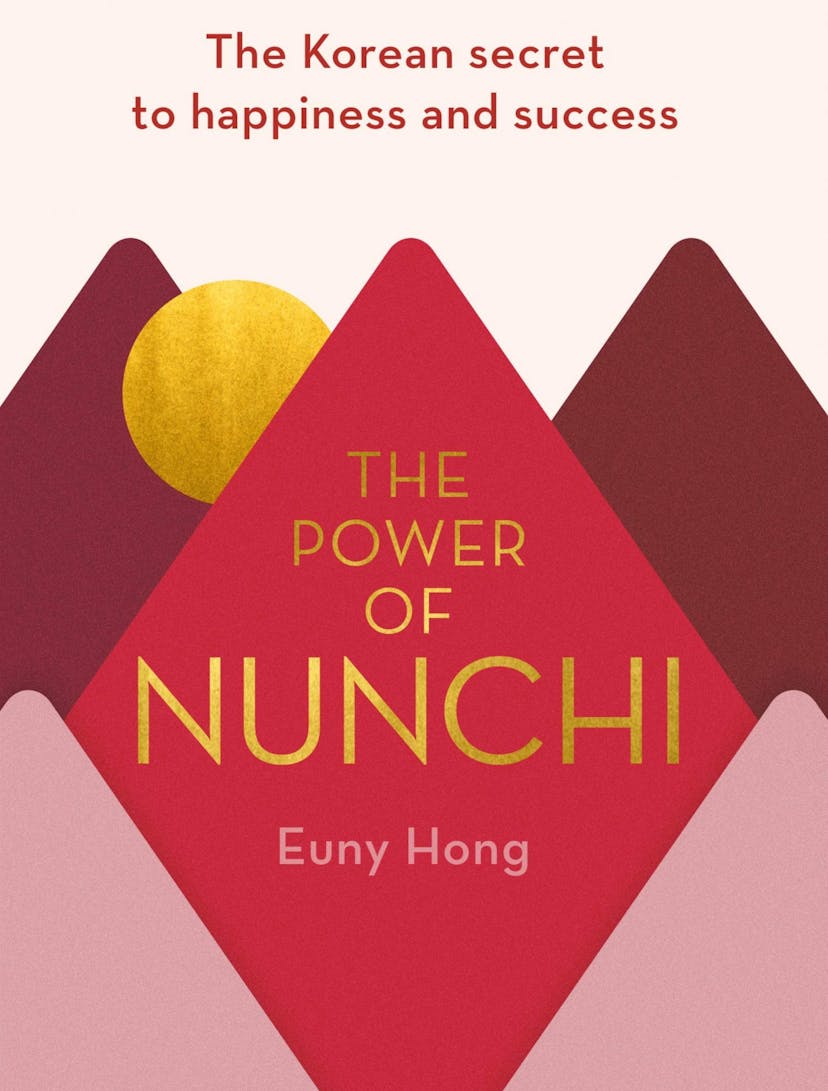What Is ‘Nunchi’ – The Korean Art Of Reading A Situation
4 minutes read
Are you adept at reading a room or other people and adjusting how you respond accordingly? If yes, you have what experts call “nunchi.”
Instead, if you are the type who’s usually oblivious to the social world and mistakenly offends, upsets or alienates someone, or can’t read social situations, then read about how you can work on your nunchi.

What is nunchi?
It is a buzzword that erupted in 2019 through the release of Euny Hong’s best-selling book, The Power of Nunchi: The Korean Secret to Happiness and Success, which introduced the concept of nunchi from Korea to the world. It’s a 21st-century life hack that’s been around for thousands of years and can be used now to get ahead in the workplace or improve your social skills.
What is nunchi in Korean?
Pronounced ‘noon-chi’, nunchi is a Korean word that translates into ‘eye-measure’. Hong explains in her book that those who have ‘nunchi’ can ’read’ an entire room and adjust their movements accordingly.
Nunchi, in essence, is the ability to ‘read a room’ to avoid saying or doing something awkward while listening and gauging others’ moods. It’s a heightened form of emotional intelligence and social awareness.
How can I learn nunchi?
1. Start with a clear mind
Leave your prejudice behind. Drop the I-know-it-all attitude, as this prevents you from learning anything. If you assume you know everything about someone or a situation, you are shutting down your senses, leaving less room to gather data about the room.
2. Be more adept at listening
To tune in to the person you’re talking to and plug into your present environment, you must be a better listener. So put down your phone at the dinner table, remove your headset and focus when someone is talking – listening and absorbing, letting the person finish. Then, instead of blurting out what you had set in your mind to say – think it through first.
3. Read the room
When you enter a crowded room, assess the situation first. Feel the vibe; is it light, upbeat or tense? Don’t crack a joke right away. As they say, timing is everything.
4. Be more sensitive
Choose your conversations. Please don’t speak about all the items you shopped recently to a friend who’s broke or struggling to pay their monthly bills. Or don’t talk about how your life has been going so well with a friend who just lost a loved one. Be more sensitive. Be aware of the conversation topics to avoid beforehand and prevent an argument.
How to incorporate nunchi into your life
You can use every possible social interaction you have to improve your nunchi. It applies to just about every social setting you find yourself in: work meetings, job interviews, and social events like parties to your relationships.
Dr Richard Reid, celebrity psychologist, CEO of Pinnacle Wellbeing Services and Member of The British Association for Counselling and Psychotherapy (BACP) says: “Learning to pay attention to both verbal and nonverbal communication means that you are likely to get more out of interactions.”
Experts say those with the best nunchi can understand the feelings of their partners and friends from their body language and words.
“When you can tell that a conversation is going well, you are more likely to feel the confidence to close deals or conversations to ensure tangible positive outcomes. Equally, getting good at reading signals can help you to pivot an interaction that is going badly before there is irreversible damage, or to recognise when others may be grappling with an unspoken concern that may benefit from your input or support,” Dr Reid explains.
Nunchi Dos and Don’ts
Do:
-
Consider the people in the room more broadly and reflect on the possible emotions that sit beneath their words or behaviour.
- Look for micro-expressions such as fleeting smiles or raised eyebrows. These offer clues to group dynamics and individual emotions.
Don’t:
- Be distracted. Maintain eye contact and be present and engaged in conversations with others.
- Make it all about you. Ask open-ended questions to help you uncover what’s really going on.
Weaving nunchi into your daily life can help you improve many aspects, allowing you to build trust, harmony and connection. People with quick nunchi tend to thrive in social situations, significantly contributing to overall happiness, well-being and success. “Your observation and adaptability will make you stronger,” Hong emphasizes in the book.
Learn more on how you can unleash your nunchi with Euny Hong’s The Power of Nunchi: The Korean Secret to Happiness and Success, £9.92.

Read next: The Best Self-Help And Self-Care Books To Read Right Now
Sign up for our newsletter
We will keep you in the loop for special offers, exclusive gifts and product news.

